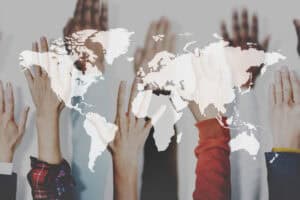The first Japanese Imperial navy fighters and bombers popped up over the horizon at Pearl Harbor in Hawaii, 80 years ago today.

Then the first Japanese Imperial navy fighters and bombers popped up over the horizon at Pearl Harbor in Hawaii, 80 years ago today, they dramatically changed the course of history.
Even more so than the similar terror launched on New York and Washington on 11 September, 2001, the Japanese sneak attack on the US base on the island would have far-reaching repercussions for the world.
Firstly, it was the impetus to get America fully involved in the war against Nazism in Europe, because Japan had allied itself with Adolf Hitler.
That commitment to the war saw American industry ramping up its output hugely and, as many historians and economists believe, that’s what drove the economy of that formerly isolationist country to become the biggest in the world.
ALSO READ: Pope Francis calls neglect of migrants ‘shipwreck’ on Lesbos visit
Pearl Harbor also led directly to the arrival of nuclear weapons, as the US took its revenge with atomic bombs dropped on Hiroshima and Nagasaki in August 1945.
That, in turn, led to the nuclear arms race which could well have incinerated humankind during the Cold War years.
Pearl Harbor also sparked the unstoppable growth of the US military and the belief by many of the country’s leaders that it had a duty to be the world’s policeman.






